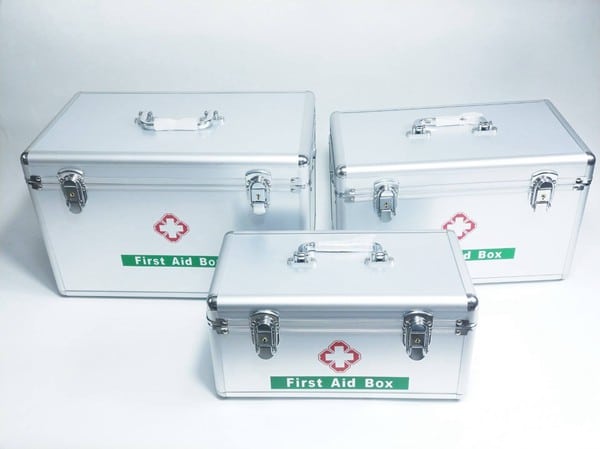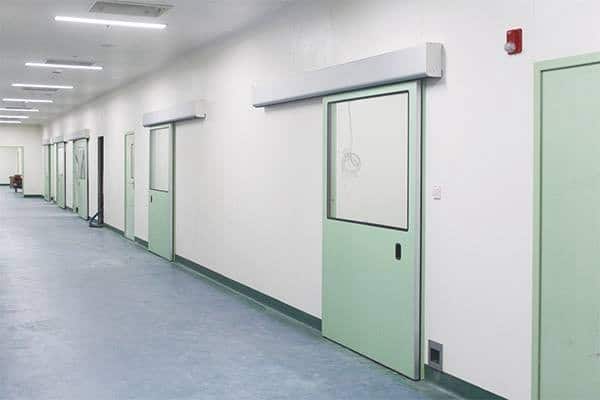Aluminum alloys have made remarkable advancements in various industries, and their significance in the medical field is no exception. The remarkable properties of these alloys have led to innovative applications, revolutionizing medical devices and procedures. This article explores the diverse and transformative role of aluminum alloys in medical applications, highlighting their benefits and contributions to modern healthcare.

Lightweight and Biocompatible:
Aluminum alloys are inherently lightweight, making them ideal for medical devices that require reduced weight and enhanced portability. Their biocompatibility ensures compatibility with human tissues, reducing the risk of adverse reactions and promoting successful surgical outcomes.
Implants and Prosthetics:
Aluminum alloys have found substantial use in orthopedic implants and prosthetics due to their excellent strength-to-weight ratio. These alloys provide the necessary structural support while minimizing the burden on the patient’s body, enabling faster recovery and improved mobility.
MRI and CT Scanners:
The non-magnetic property of certain aluminum alloys is crucial in the development of medical imaging equipment like Magnetic Resonance Imaging (MRI) and Computed Tomography (CT) scanners. The absence of magnetic interference allows for accurate and artifact-free diagnostic imaging.
Surgical Instruments:
Aluminum alloys have become the material of choice for crafting surgical instruments, such as forceps, scalpels, and retractors. Their excellent corrosion resistance, durability, and ease of sterilization enhance their performance during medical procedures, ensuring precision and reliability.
Dental Applications:
In the dental field, aluminum alloys play a pivotal role in manufacturing dental implants, orthodontic brackets, and various other dental devices. Their biocompatibility, coupled with the ability to withstand oral conditions, ensures successful dental restorations and treatments.
Drug Delivery Systems:
Aluminum alloys contribute to the development of innovative drug delivery systems. Their mechanical properties enable the fabrication of micro-needles and nano-carriers, allowing controlled and targeted release of medications, leading to improved therapeutic outcomes.
Portable Medical Devices:
With the ongoing trend of point-of-care medical devices, aluminum alloys have proven instrumental in creating portable medical equipment. These alloys enable the design and production of lightweight, portable devices, enhancing healthcare accessibility and convenience.
Radiolucent Medical Tables:
Aluminum alloys are used in constructing radiolucent medical tables that do not interfere with X-ray or fluoroscopy procedures. These tables enable medical professionals to obtain clear and accurate imaging during surgeries or other medical interventions.
Sterilization Containers:
Aluminum alloys are preferred materials for sterilization containers used in hospitals and healthcare facilities. Their robustness and resistance to high-temperature sterilization processes ensure the safe and efficient disinfection of medical instruments.
Sustainable Healthcare Solutions:
The recyclability of aluminum alloys aligns with the growing focus on sustainability in the healthcare industry. Choosing aluminum-based medical products supports eco-friendly practices and reduces the overall environmental impact.

The versatility and numerous advantages of aluminum alloys have revolutionized the medical field, enhancing patient care and medical practices. From implants and surgical instruments to medical imaging equipment and drug delivery systems, the applications of aluminum alloys continue to transform modern healthcare. Embracing these innovative materials paves the way for further advancements, promising a brighter and healthier future for medical professionals and patients alike.
